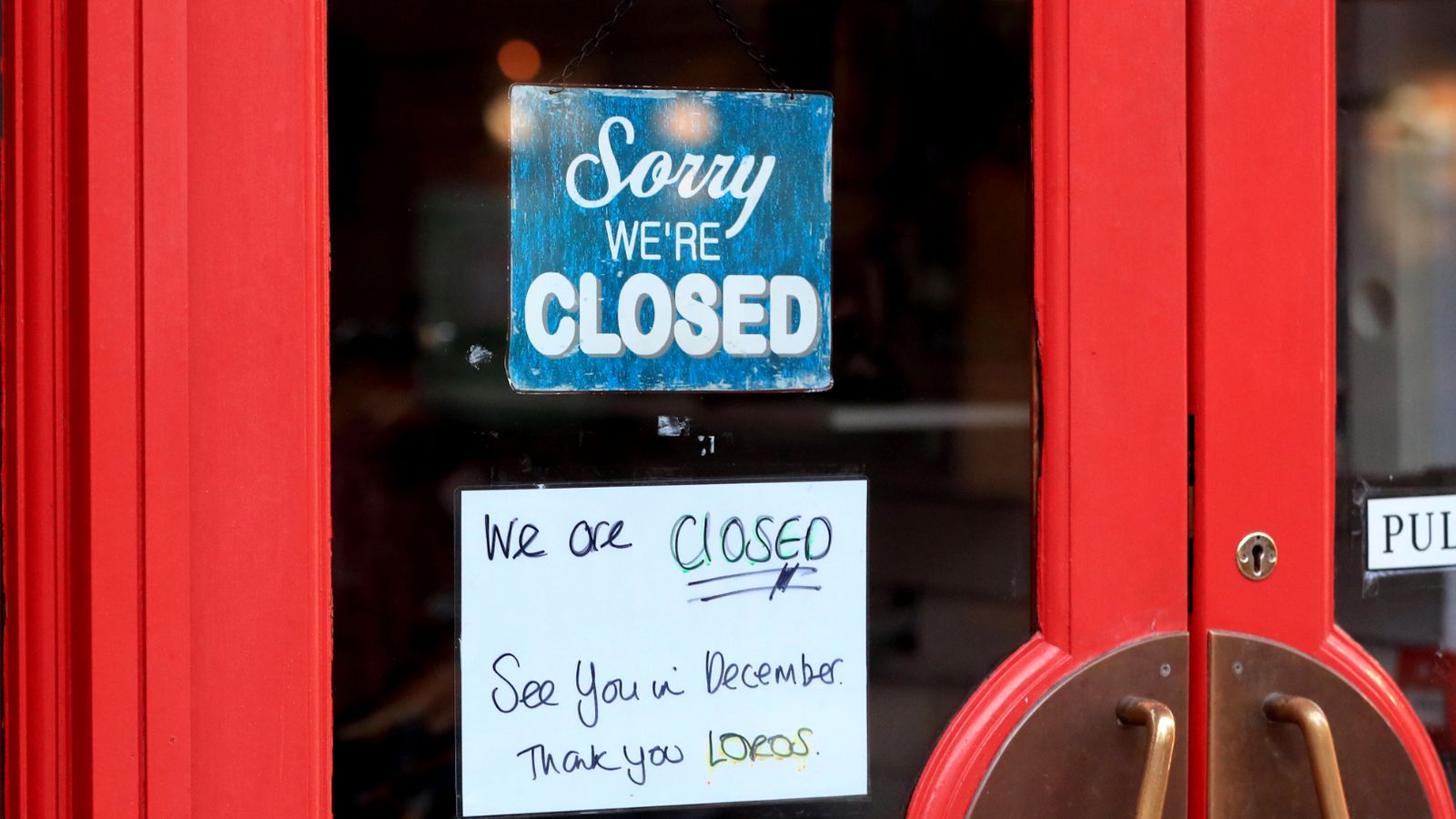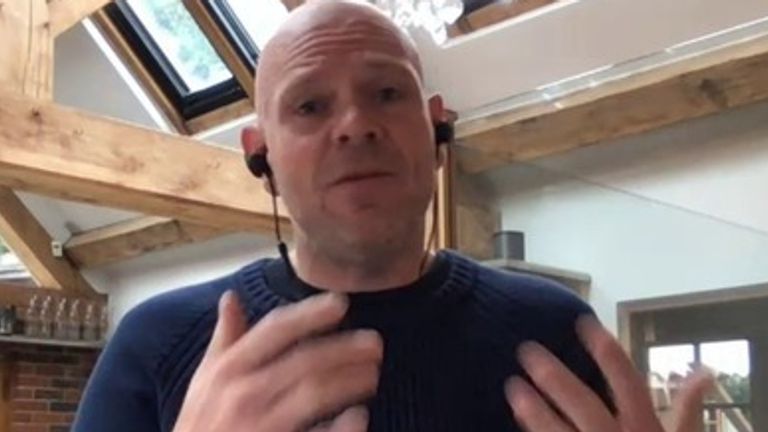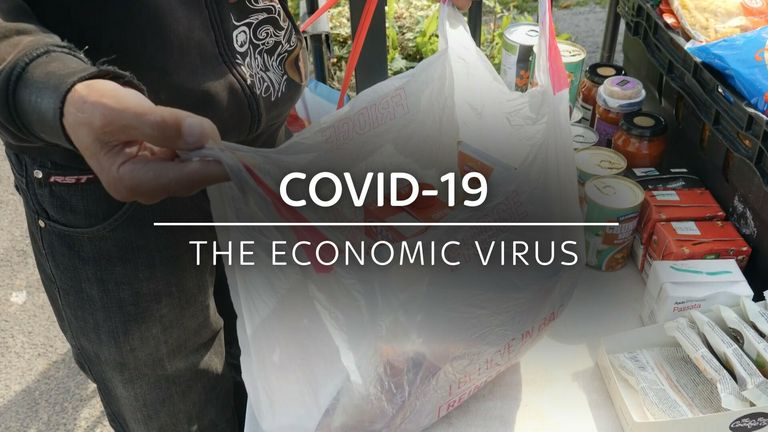Britain is set for a “double dip” downturn after the latest lockdown resulted in business activity shrinking this month, according to a closely-watched business survey.
The closure of leisure and hospitality firms saw the services sector – four-fifths of the economy – record its worst decline since May, according to IHS Markit’s purchasing managers’ index (PMI).
It was a different story for the manufacturing sector, where growth accelerated – though this was in part due to a temporary stockpiling boost ahead of the end of the Brexit transition period.
Overall the “flash” PMI reading for November was recorded at 47.4 – on a scale where 50 represents the difference between growth and contraction.
That was down from 52.1 in October and ended a four-month period of growth.
It spelled more misery for workers with the rate of decline in staffing numbers the steepest for three months.
Separately, a monthly household finance index by IHS Markit fell to a six-month low with the report showing hard-pressed consumers’ savings falling to a seven-year low as many dipped into their nest eggs to fund spending.
However the PMI reading was not as bad as some economists had feared while optimism among firms rose to its highest level for five years as hopes for a coronavirus vaccine grew.
Chris Williamson, chief business economist at IHS Markit, said: “A double-dip is indicated by the November survey data, with lockdown measures once again causing business activity to collapse across large swathes of the economy.
“As expected, hospitality businesses have been the hardest hit, with hotels, bars, restaurants and other consumer facing service providers reporting the steepest downturns.”
Mr Williamson said the data suggested the impact from the lockdown was not as severe as in the spring.
He added: “Manufacturing has also received a significant boost from inventory building and a surge in exports ahead of the UK’s departure from the EU at the end of the year, providing a fillip for many companies.
“However, while the lockdown will be temporary, so too will this pre-Brexit boost.”
Mr Wiliamson said prospects for the new year remained “highly uncertain” but sentiment had been lifted due “mainly to the news of successful vaccine trials, which at last provides a light at the end of the tunnel for many businesses.”
Thomas Pugh, UK economist at Capital Economics, said that while the dip in November was a “relatively small fall” there was a risk that the worsening jobs picture could prolong the crisis while continuing restrictions after 2 December could mean a slower bounce-back.
Susannah Streeter, senior investment and markets analyst at Hargreaves Lansdown, said: “It’s feared the new tiers of restrictions which will come into force once lockdown 2 ends, won’t come as much reprieve for the hospitality sector, with tough new rules likely to make it hard for businesses struggling for custom to survive.”
Britain slumped to its deepest recession on record in the first half of the year as coronavirus restrictions crushed economic activity.
It bounced back in the third quarter but remains well below its level at the start of the year and is widely expected to shrink again in the current October-December period as a result of the second lockdown in England.
However, there is cautious optimism that vaccine developments will improve the outlook for next year.
Bank of England governor Andrew Bailey last week spoke about “light at the end of the tunnel” but warned that the economy was likely to face lasting changes.


